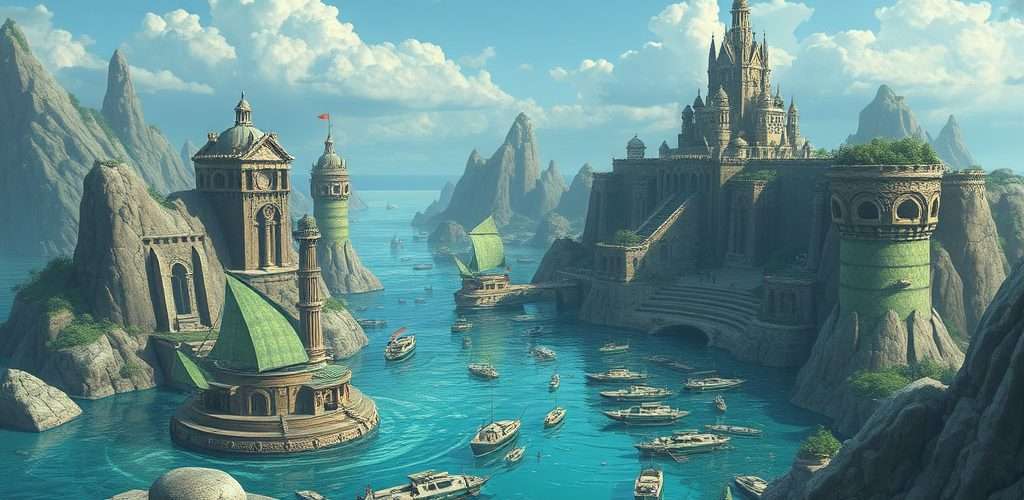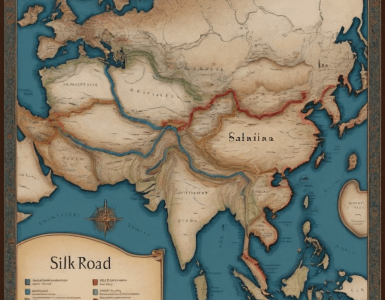La légende de l'Atlantide, une île mythique décrite par l'ancien philosophe grec Platon, a captivé les imaginations pendant des siècles. Selon Platon, l'Atlantide était une civilisation puissante et technologiquement avancée qui a disparu dans l'océan en un seul jour et une seule nuit de malheur. Bien que son existence n'ait pas été prouvée, l'histoire continue d'inspirer les explorateurs et les historiens.
1 commentaire
Vous pouvez aussi aimer
History’s Hidden Handshakes: Unexpected Cultural Connections & Curious Origins
History’s Hidden Handshakes: Unexpected Cultural Connections & Curious Origins Ever wondered why we do the things we do? Why certain foods are considered delicacies in one place and utterly revolting in another? Why some cultures embrace vibrant colors while others prefer muted tones? The answers often lie buried in the dusty pages of history, revealing surprising connections between seemingly disparate cultural practices and historical events. Let’s dive into a few fascinating examples – prepare to have your mind delightfully boggled! The Unexpected Legacy of the Roman Empire: From Garum to Worcestershire Sauce Forget gladiators and emperors for a moment. Let’s talk about garum. This ancient Roman condiment, a fermented fish sauce, was practically the ketchup of its time. It was ubiquitous, a staple in every Roman household, used to season practically everything. Its popularity was astronomical, fueling a vast trade network across the empire. Now, the Roman...
Comment la route de la soie a-t-elle relié les cultures ?
Explorez l'impact profond de la route de la soie, qui a permis de relier les cultures et de façonner l'histoire par le biais du commerce, de l'art et du partage des connaissances.
Ancienne route de la culture, du commerce et des idées
The Silk Road, a network of trade routes connecting the East and West, stands as one of the most significant achievements in human history. Far more than just a means of exchanging goods, this ancient highway became a conduit for the transmission of ideas, technologies, religions, and cultures across vast distances. Stretching over 4,000 miles from China to the Mediterranean, the Silk Road flourished for nearly two millennia, shaping the development of civilizations along its path and leaving an indelible mark on world history. The term “Silk Road” was coined in 1877 by German geographer Ferdinand von Richthofen, but the routes had been in use for thousands of years prior. The network began to take shape during the Han Dynasty (206 BCE – 220 CE) when China officially opened trade with the West. While silk was indeed a major commodity, giving the route its romantic name, a vast array of goods traversed these paths, including spices, textiles, precious stones, metals...

























Ne garummuş kardeş, aydınlanma yaşadım ! :)
Comment faire pour ne pas avoir à payer les frais d'inscription à l'école ?